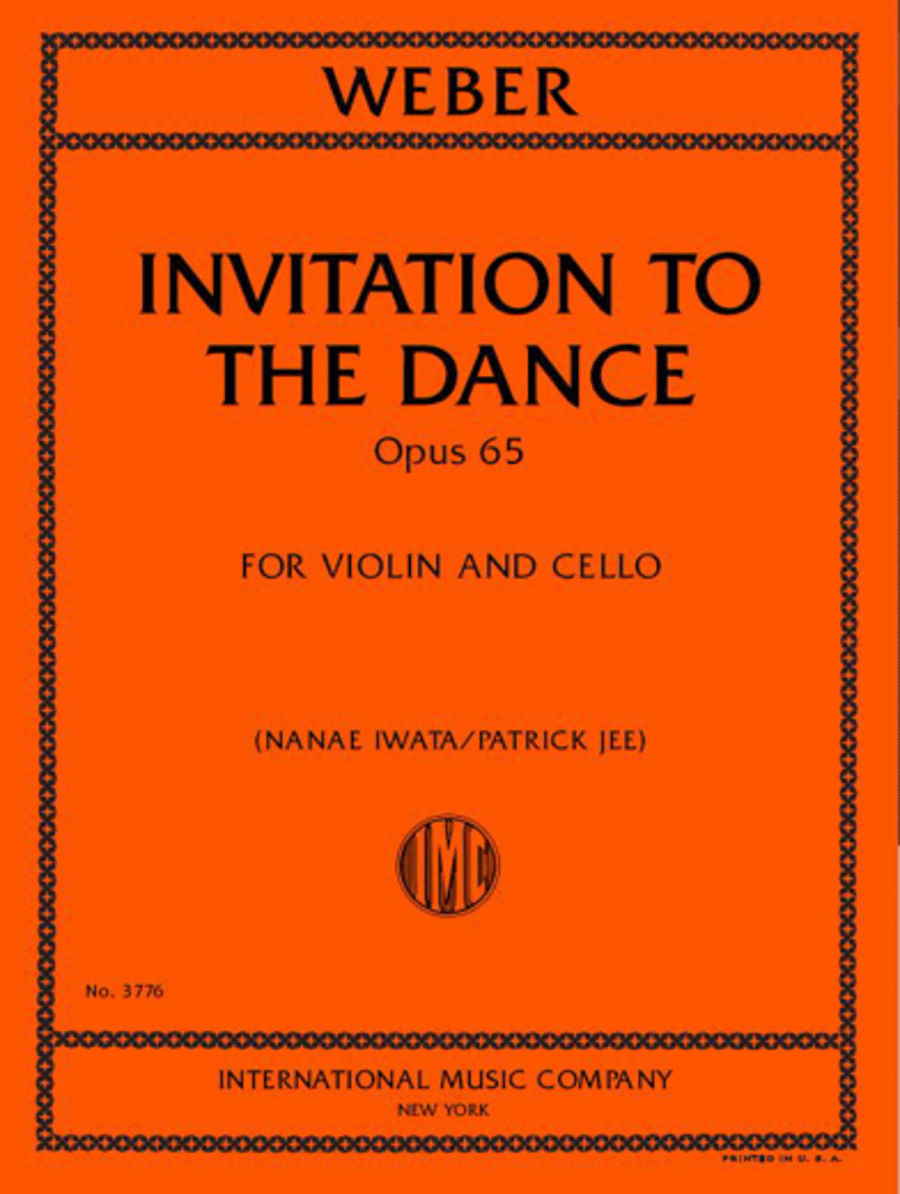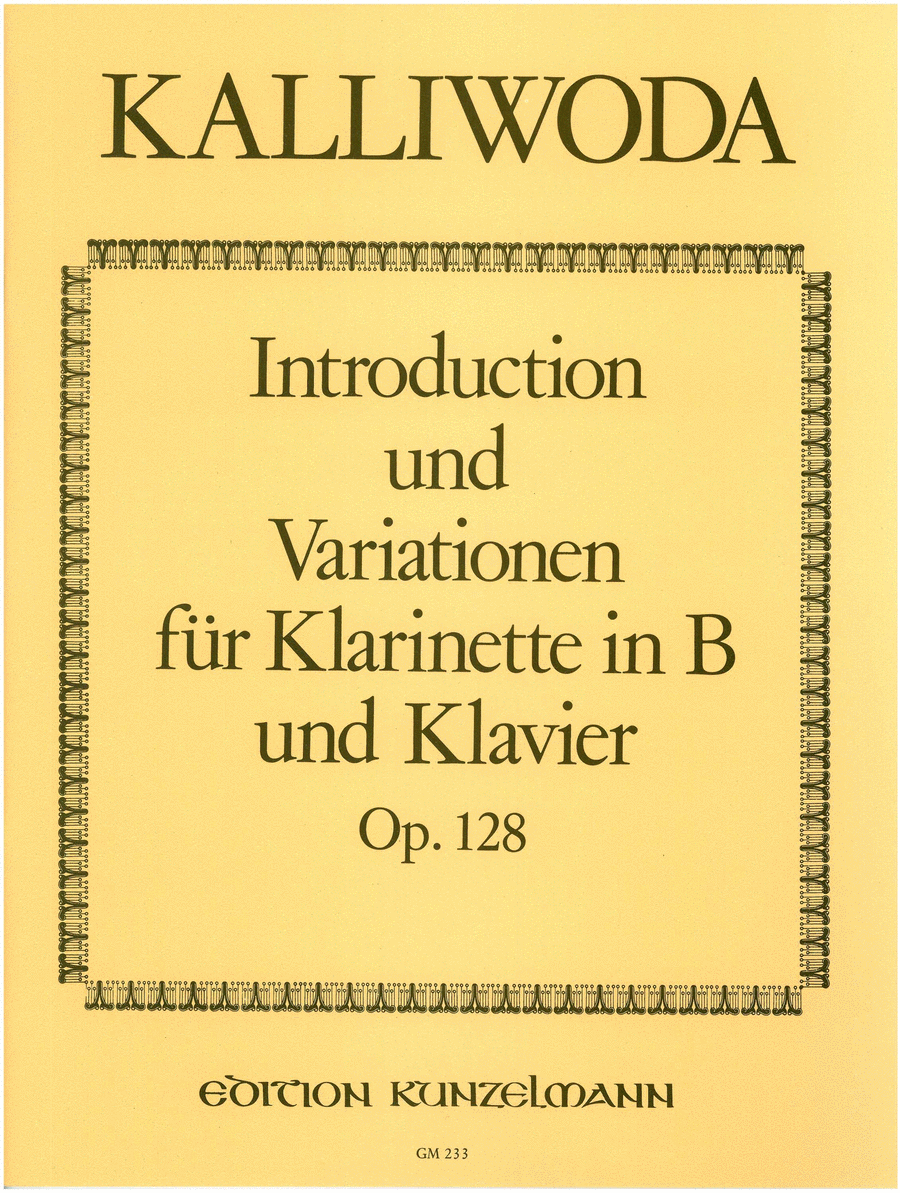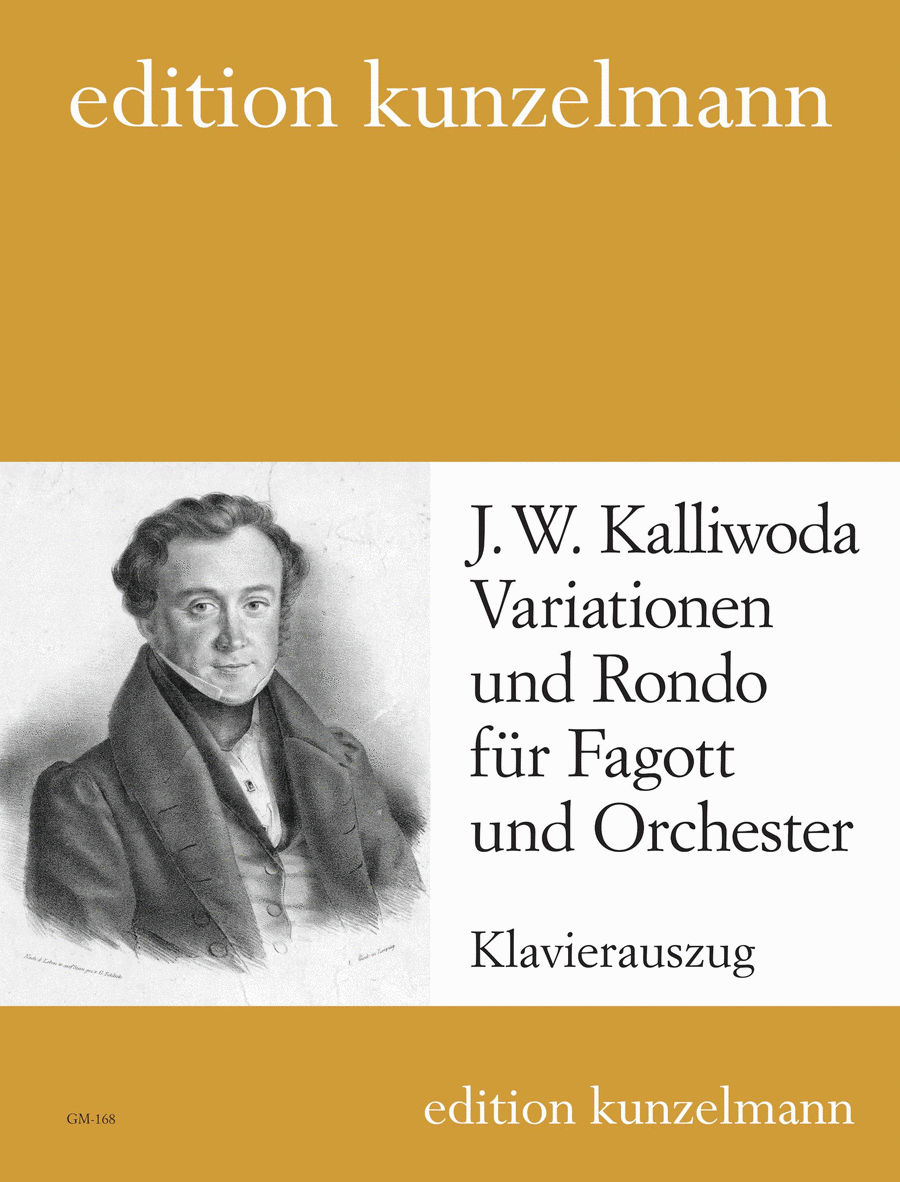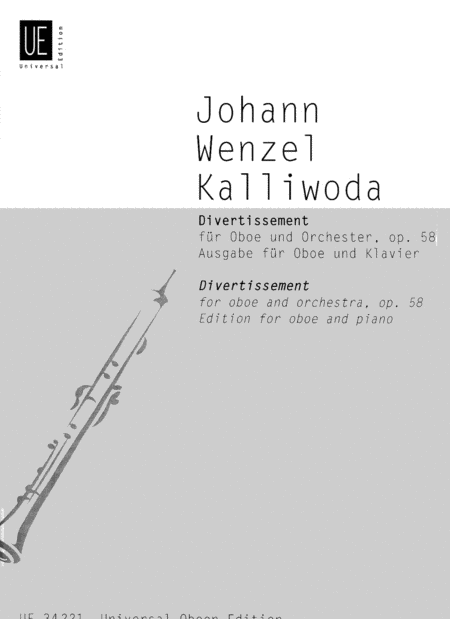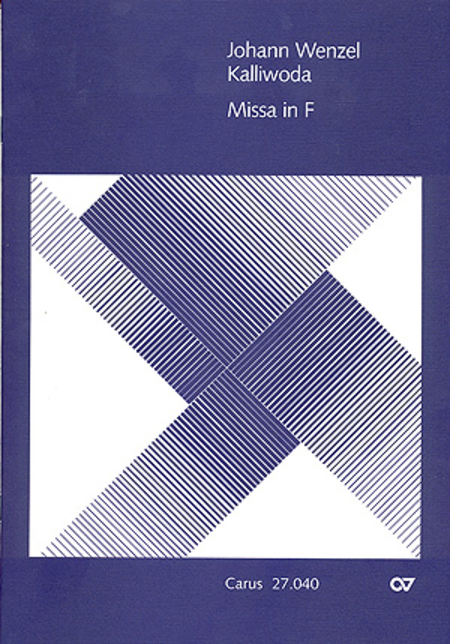Johann Wenzel Kalliwoda (1801 - 1866)
 Allemagne
Allemagne
 Allemagne
AllemagneJan Křtitel Václav Kalivoda (Johann Baptist Wenzel Kalliwoda in German) (February 21, 1801 – December 3, 1866), was a composer, conductor and violinist of Bohemian birth.
Kalivoda was born in Prague in 1801 and as early as 1811 started studying violin and composition at the Prague Conservatory. He made his debut as a violinist at the age of 14. Upon completion of his studies he became a member of the Prague Opera Orchestra. His diploma from the Conservatory read ... (Read all)
Source : Wikipedia
Kalivoda was born in Prague in 1801 and as early as 1811 started studying violin and composition at the Prague Conservatory. He made his debut as a violinist at the age of 14. Upon completion of his studies he became a member of the Prague Opera Orchestra. His diploma from the Conservatory read ... (Read all)
Source : Wikipedia
FREE SHEET MUSIC
Active criterias:
Search
| |||||||||||||||||||||||||||||||||||






















